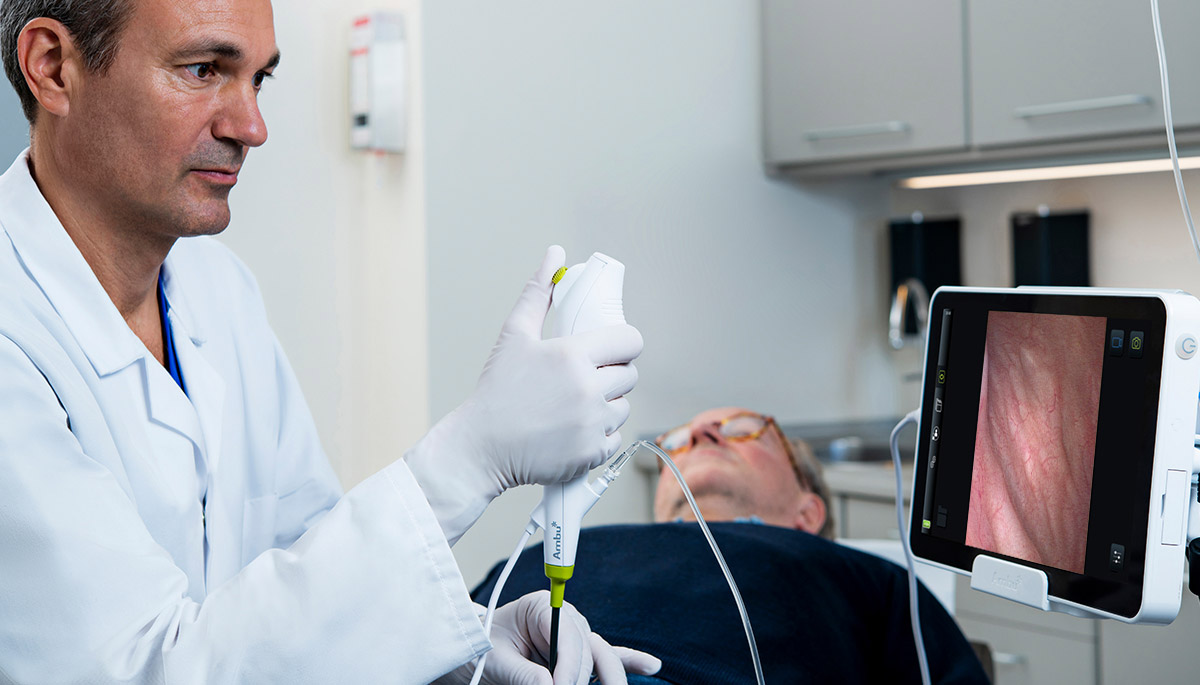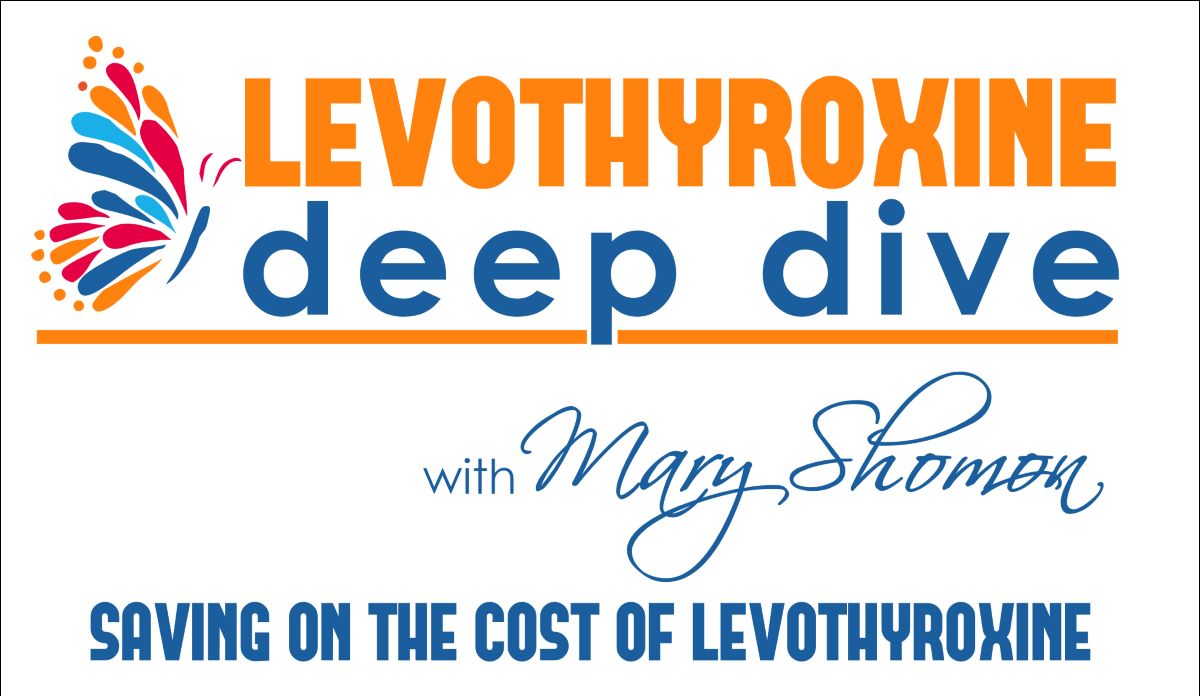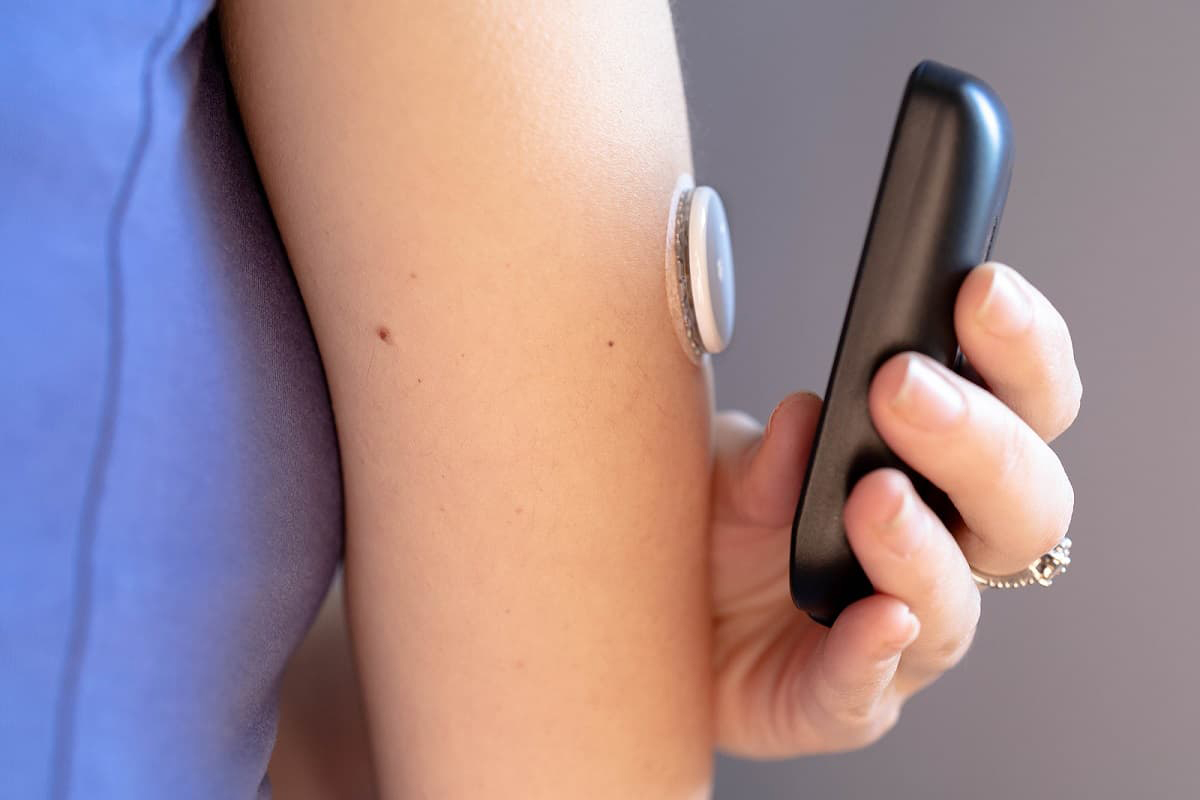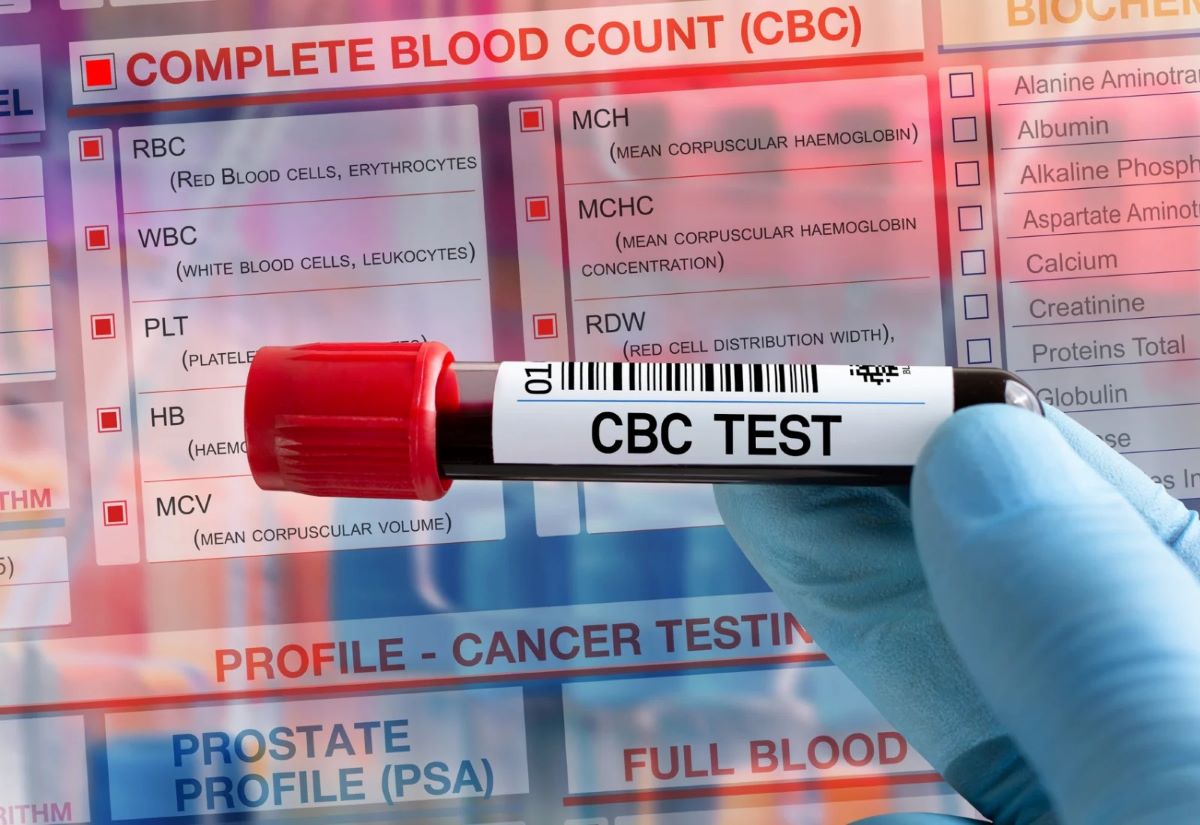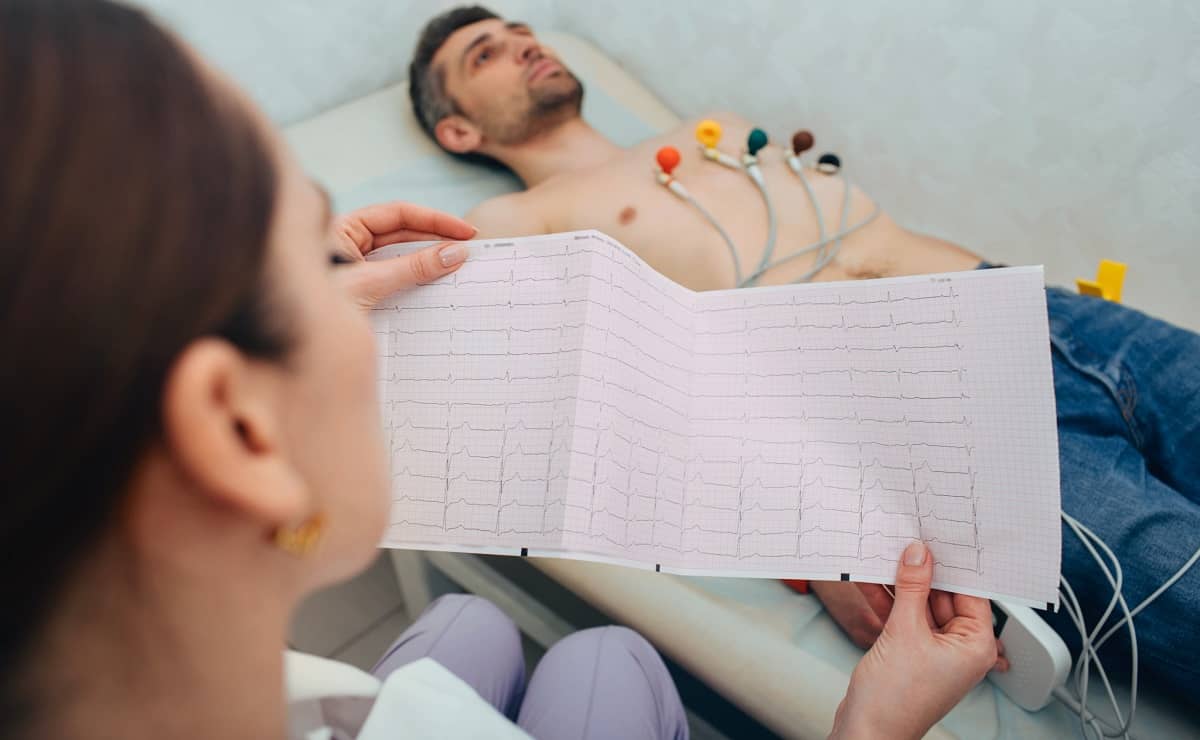

Finance
How Much Does An EKG Cost Without Insurance?
Published: November 5, 2023
Find out the cost of an EKG without insurance and manage your finances wisely. Learn about affordable options for medical testing.
(Many of the links in this article redirect to a specific reviewed product. Your purchase of these products through affiliate links helps to generate commission for LiveWell, at no extra cost. Learn more)
Table of Contents
Introduction
In today’s fast-paced world, taking care of our health is of utmost importance. Regular check-ups and diagnostic tests are essential for monitoring our well-being and early detection of any potential health problems. One such test is an electrocardiogram, commonly known as an EKG or ECG. An EKG is a non-invasive procedure that records the electrical activity of the heart, and it is often recommended by healthcare professionals to assess heart health and diagnose various cardiac conditions.
While having health insurance can provide some financial relief when it comes to medical expenses, not everyone has access to comprehensive coverage. For those without insurance, the cost of an EKG may be a concern. It is crucial to understand the factors that influence the cost and explore potential ways to manage the expenses to ensure that everyone has the opportunity to prioritize their heart health.
In this article, we will delve into the intricacies of getting an EKG without insurance. We will discuss the importance of the test, the factors that affect the cost, and average pricing. Moreover, we will explore strategies to reduce the cost and highlight potential options for financial assistance. By having a clear understanding of these aspects, individuals can make informed decisions about their healthcare and prioritize their well-being within their financial means.
Understanding an EKG
An electrocardiogram (EKG) is a widely-used diagnostic test that allows healthcare professionals to assess the electrical activity of the heart. By recording the electrical signals produced by the heart’s muscles, an EKG can provide valuable information about the heart’s rhythm, rate, and overall functioning.
The test involves attaching small electrodes, typically placed on the chest, arms, and legs. These electrodes are connected to a machine that records the electrical signals produced by the heart. The resulting graph, known as an electrocardiogram, displays the electrical activity in the form of waves. Healthcare professionals analyze these waves to identify any irregularities that may indicate heart conditions or abnormalities.
Each wave on an EKG represents a specific event in the cardiac cycle. The P wave indicates the electrical signal that triggers the contraction of the atria, while the QRS complex represents the electrical impulses responsible for ventricular contraction. The T wave represents the recovery period of the ventricles.
An EKG can provide valuable information and aid in the diagnosis of various heart-related issues, such as arrhythmias, heart attacks, coronary artery disease, and other conditions affecting the heart’s electrical conduction system. It is a non-invasive procedure that is often performed as part of routine check-ups, pre-surgical evaluations, or in response to specific symptoms or concerns.
Interpreting an EKG requires specialized knowledge and expertise, which is typically done by a cardiologist or other healthcare professionals trained in reading these tests. They analyze the waves, measure intervals, and assess any abnormalities or irregularities to evaluate the overall heart health and identify possible issues that may require further investigation or treatment.
It is worth noting that an EKG is just one tool in a comprehensive cardiac evaluation. Depending on the patient’s symptoms, medical history, and the healthcare provider’s clinical judgment, additional tests and examinations may be recommended to gain a complete understanding of the individual’s heart health.
The Importance of Getting an EKG
An electrocardiogram (EKG) plays a vital role in assessing heart health and diagnosing various cardiac conditions. Here are some key reasons why getting an EKG is important:
- Early detection of heart conditions: An EKG can help detect and diagnose heart conditions at an early stage. It can identify abnormalities in the heart’s electrical activity, such as irregular heart rhythms (arrhythmias), which, if left untreated, can lead to serious complications.
- Monitoring heart health: For individuals already diagnosed with a heart condition, regular EKGs are essential for monitoring the heart’s functioning and assessing the effectiveness of ongoing treatments. It can help healthcare professionals determine if any adjustments or interventions are needed to maintain optimal heart health.
- Assessing risk factors: An EKG can provide valuable information about a person’s risk factors for heart disease. It can detect signs of a previous heart attack, identify blockages in the arteries, and determine if there is any damage to the heart muscle.
- Guiding treatment decisions: The information obtained from an EKG can assist healthcare professionals in making informed decisions about appropriate treatment options. It helps determine whether medication, lifestyle modifications, or more advanced interventions, such as cardiac catheterization or surgery, are necessary.
- Preventive care: Some individuals may undergo an EKG as part of routine preventive care. Regular screenings can help identify potential heart problems before they cause significant damage or lead to a cardiac event. This allows for early intervention and reduces the risk of complications.
It is important to note that while an EKG is valuable, it is not a definitive diagnostic tool for all heart conditions. Depending on the specific symptoms and medical history of an individual, additional tests and consultations with cardiologists may be necessary to obtain a comprehensive assessment of their heart health.
Overall, an EKG is a crucial component of cardiac evaluations, helping healthcare professionals gain insight into a person’s heart rhythm, identify abnormalities, and provide appropriate treatment or interventions. By detecting potential issues early on and closely monitoring heart health, individuals can take proactive steps towards maintaining a healthy heart and reducing the risk of heart-related complications.
Factors Affecting the Cost of an EKG Without Insurance
The cost of an electrocardiogram (EKG) can vary depending on several factors. For individuals without insurance coverage, it is essential to understand these factors that contribute to the overall cost:
- Healthcare provider: The cost of an EKG can vary depending on the healthcare facility where it is performed. Hospitals and specialized clinics may have higher prices compared to independent diagnostic centers or outpatient facilities.
- Geographical location: The cost of healthcare services, including an EKG, can vary significantly depending on the region and city. Urban areas or regions with a higher cost of living may have higher prices compared to rural areas.
- Additional tests or services: Sometimes, an EKG may be part of a comprehensive cardiac evaluation that includes other tests, such as stress testing or echocardiograms. The inclusion of these additional tests can increase the overall cost.
- Urgency and timing: If an EKG needs to be performed urgently or outside of regular working hours, such as during evenings or weekends, it may result in higher costs due to increased staffing and operational expenses.
- Provider discounts or payment plans: Some healthcare providers offer discounts or payment plans for uninsured individuals. It is beneficial to inquire about any available options to help manage the cost of an EKG.
- Provider negotiations: In certain cases, individuals without insurance may have the opportunity to negotiate the cost of an EKG directly with the healthcare provider. Exploring this option can sometimes lead to more affordable pricing.
It’s important to note that the absence of insurance coverage may lead to higher costs, as insurance companies typically negotiate reduced rates with healthcare providers. Without insurance, individuals are responsible for the full cost of the procedure.
Prior to scheduling an EKG, it is advisable to inquire about the costs with different healthcare facilities or providers in your area. Comparing prices can help individuals find more affordable options without compromising on the quality of care. Additionally, seeking assistance from local community health centers or clinics that provide discounted or free medical services may be an option worth exploring.
Understanding the factors that influence the cost of an EKG can empower individuals without insurance to make informed decisions and explore alternative options to manage the expenses associated with this important diagnostic test.
Average Costs of an EKG Without Insurance
The cost of an electrocardiogram (EKG) without insurance can vary depending on several factors, as mentioned in the previous section. However, it is helpful to have a general understanding of the average costs individuals can expect when paying out-of-pocket for this diagnostic test.
On average, the cost of a basic EKG without insurance ranges from $50 to $150. This price typically covers the cost of the test itself, including the EKG technician’s time and the use of the equipment. However, it is important to note that this is a general estimate, and actual prices may fluctuate depending on the factors mentioned earlier.
In some cases, additional charges may apply if there is a need for an interpretation of the EKG results by a cardiologist or other healthcare professionals. This interpretation may cost an additional $50 to $100 or more, depending on the provider and the complexity of the results.
It is also worth mentioning that if other tests or services are included in a comprehensive cardiac evaluation alongside the EKG, the overall cost can be higher. For example, if a stress test or echocardiogram is recommended, the prices may range from a few hundred dollars to over a thousand dollars, depending on the facility and geographical location.
Keep in mind that these prices are average estimates and can vary based on the region, the healthcare provider, and other factors. It is essential to contact multiple healthcare facilities or providers to obtain specific pricing information and make informed decisions.
While the cost of an EKG without insurance may seem daunting, there are strategies to help manage the expenses. Exploring options such as provider discounts, negotiation, or seeking financial assistance programs can provide relief and make the cost more manageable.
It’s important to keep in mind that prioritizing heart health is crucial, and obtaining an EKG can provide valuable insights into your cardiac well-being. By understanding the average costs and exploring available resources, individuals without insurance can find ways to prioritize their health while managing the financial aspect of the test.
Ways to Reduce the Cost of an EKG Without Insurance
For individuals without insurance coverage, the cost of an electrocardiogram (EKG) can be a concern. However, there are several ways to help reduce the overall cost and make the test more affordable. Here are some strategies to consider:
- Shop around for the best price: Contact multiple healthcare facilities or providers in your area to compare prices. Prices can vary significantly, so it’s important to explore different options to find the most affordable one without compromising on quality.
- Inquire about cash discounts: Some healthcare providers may offer discounted rates for individuals paying out-of-pocket. Don’t hesitate to ask if they have any special cash discounts or reduced pricing for uninsured patients.
- Consider independent diagnostic centers or outpatient facilities: These facilities often have lower overhead costs compared to hospitals or specialized clinics, which can translate into more affordable pricing for services such as an EKG.
- Ask for payment plans: Inquire if the healthcare provider is willing to offer a payment plan to spread out the cost over a period of time. This can make it easier to manage the financial burden of the EKG.
- Seek assistance from community health centers or clinics: Local community health centers or clinics may provide discounted or free medical services for individuals without insurance. Inquire if they offer EKG services or if they can refer you to a facility with more affordable options.
- Look into patient assistance programs: Some pharmaceutical companies and nonprofit organizations offer patient assistance programs that help individuals access medical services at reduced costs. Research if there are any programs available specifically for EKG services that you may qualify for.
It’s important to be proactive and explore these options ahead of time, as unexpected medical expenses can put strain on your finances. By taking the time to research and inquire about available discounts or assistance programs, you can potentially reduce the cost and make an EKG more affordable.
Remember, the focus should always be on prioritizing your health. If you have concerns about the cost of an EKG, don’t hesitate to discuss your situation with the healthcare provider. They may be able to offer additional guidance or solutions to help make the test more accessible. Your well-being should be the top priority, and there are resources available to assist in managing the cost of necessary medical services like an EKG.
Seeking Financial Assistance for an EKG
For individuals without insurance coverage, the cost of an electrocardiogram (EKG) can be a financial burden. However, there are resources and financial assistance programs available to help make the test more affordable. Here are some options to consider:
- Government assistance programs: Depending on your location and income level, you may qualify for government assistance programs that can help cover the cost of medical services. Programs such as Medicaid or Medicare may provide coverage for EKGs and other necessary tests.
- Nonprofit organizations and foundations: There are nonprofit organizations and foundations that offer financial assistance for medical expenses, including diagnostic tests like EKGs. These organizations may have specific eligibility criteria, so it is important to research and reach out to them for more information.
- Hospital financial assistance programs: Many hospitals have financial assistance programs in place to assist uninsured or underinsured individuals. These programs can provide discounts or reduced rates for medical services based on your financial situation. Contact the hospital’s billing department or patient financial services to inquire about these programs.
- Charitable organizations: Some charitable organizations provide financial aid for medical expenses, including EKGs. These organizations may have specific criteria or requirements, so it is important to research and reach out to them for assistance.
- Payment negotiation: If you are unable to afford the full cost of an EKG, you can consider negotiating with the healthcare provider or facility. Some providers are open to working out a payment plan or offering a reduced rate for individuals without insurance.
It is important to be proactive in seeking financial assistance for an EKG. Start by contacting the healthcare provider or facility where you plan to have the test done and inquire about any available options. Additionally, reach out to local community resources, social service organizations, or clinics that may be able to provide guidance or referrals to financial assistance programs.
When seeking financial assistance, be prepared to provide documentation of your income, assets, and any other required information. This will help determine your eligibility for different programs or resources.
Remember, healthcare providers and organizations understand that not everyone can afford the full cost of medical services. They are often willing to work with individuals to find solutions and make necessary tests like EKGs more accessible. Don’t hesitate to reach out and explore the options available to ensure you can prioritize your heart health without overwhelming financial burden.
Conclusion
Prioritizing heart health is essential, and an electrocardiogram (EKG) is a valuable diagnostic tool in assessing heart health and identifying potential cardiac conditions. While the cost of an EKG without insurance may be a concern for some individuals, there are ways to manage the expenses and make this important test more accessible.
Understanding the factors that affect the cost of an EKG, such as the healthcare provider, geographical location, and additional tests or services, can help in identifying more affordable options. Shopping around, inquiring about cash discounts, and considering independent diagnostic centers or outpatient facilities can make a significant difference in reducing the cost.
Financial assistance options, such as government programs, nonprofit organizations, and hospital assistance programs, are available to help individuals without insurance cover the cost of an EKG. Exploring these resources and reaching out to the relevant organizations can provide relief and make the test more affordable.
Remember, it’s crucial to prioritize your well-being and seek the necessary medical attention, even if you don’t have insurance coverage. Taking proactive steps towards your heart health, such as obtaining an EKG, can lead to early detection and intervention, potentially preventing more serious complications down the line.
As you navigate the process of getting an EKG without insurance, don’t hesitate to communicate with healthcare providers, negotiate payment plans, or seek guidance from community health centers or clinics. Many providers understand the financial challenges faced by uninsured individuals and are willing to work out solutions to help make the test more accessible and affordable.
Ultimately, by exploring options, seeking financial assistance, and prioritizing your health, you can ensure that cost does not become a barrier to obtaining an EKG. Your heart health is priceless, and taking the necessary steps to monitor and assess it is an investment in your well-being that can lead to a healthier future.
